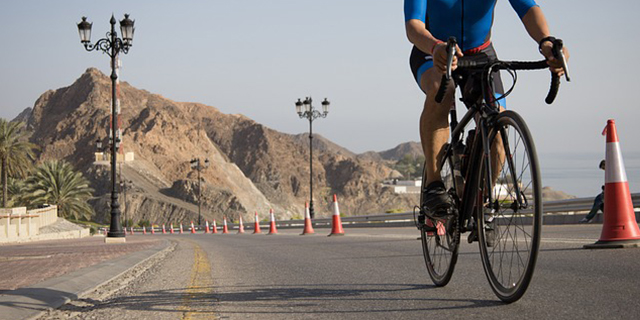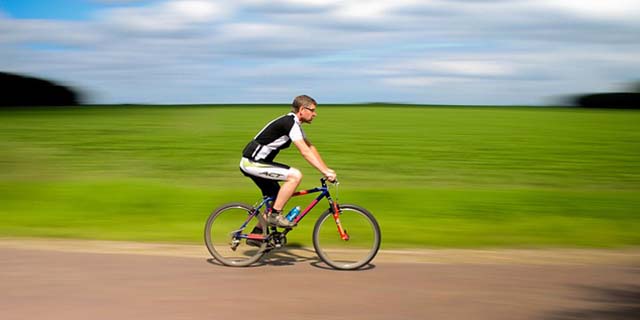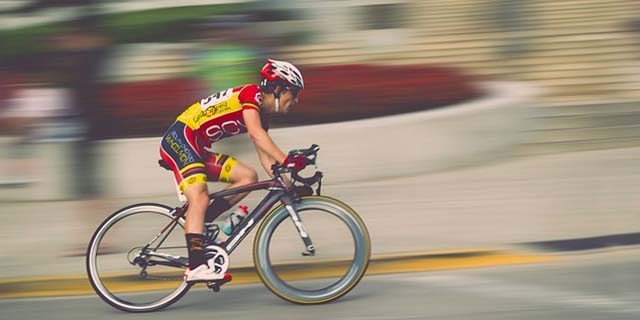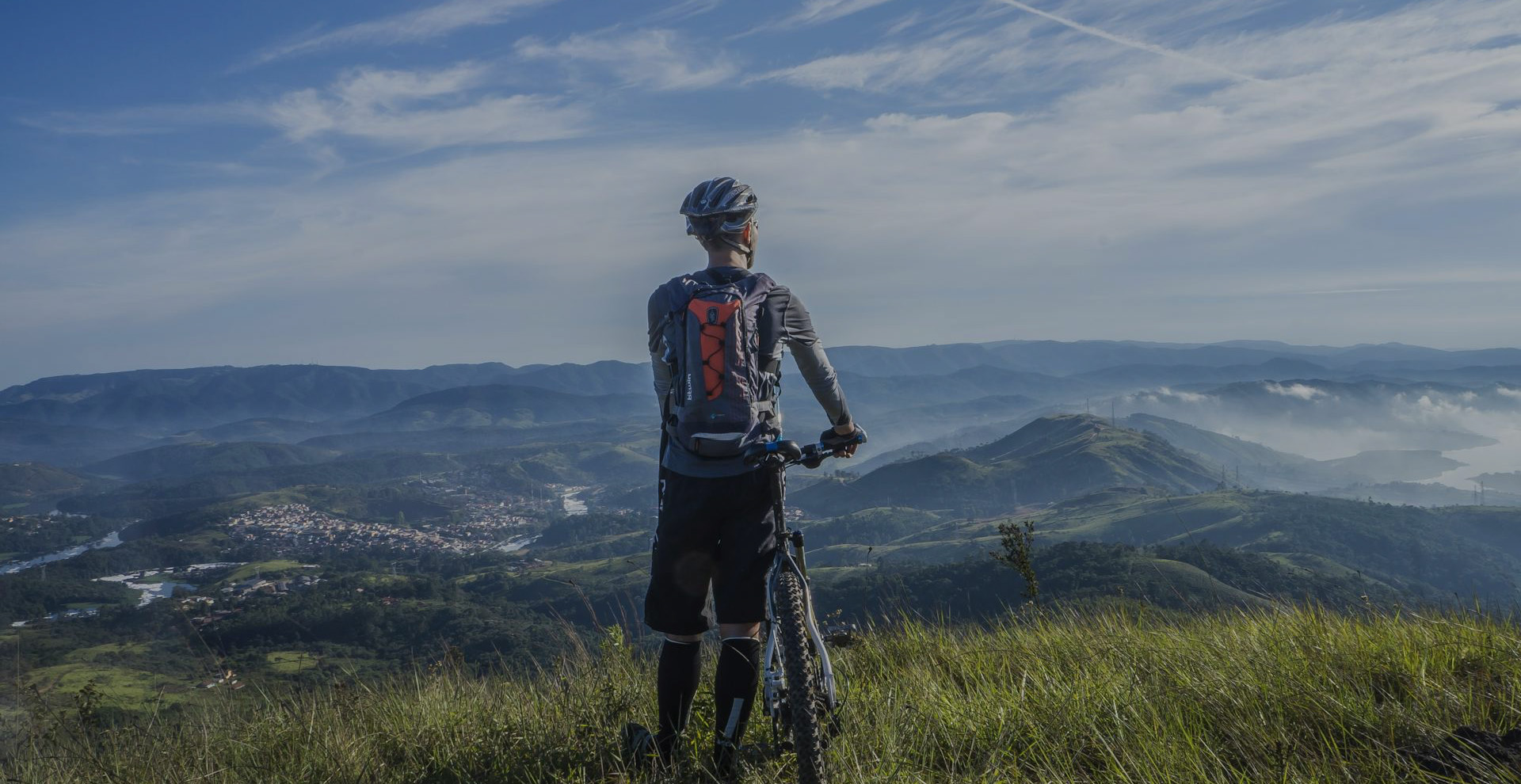
What is Cycling And Sleep?
Cycling and sleep are interconnected aspects of a healthy lifestyle that can significantly influence overall well-being. Cycling, as a form of aerobic exercise, promotes cardiovascular health, enhances mood, and boosts energy levels, all of which can contribute to improved sleep quality. Regular cycling helps regulate the body's circadian rhythms and reduces stress, making it easier to fall asleep and stay asleep through the night. Conversely, adequate sleep is essential for recovery after cycling sessions, allowing muscles to repair and replenish energy stores. Together, cycling and sleep create a beneficial cycle where physical activity enhances rest, and restorative sleep supports better performance in cycling. **Brief Answer:** Cycling is an aerobic exercise that improves cardiovascular health and mood, contributing to better sleep quality. Adequate sleep, in turn, aids recovery from cycling, creating a beneficial cycle between the two.
What is Cycling And Sleep?
Cycling and sleep are interconnected aspects of a healthy lifestyle that can significantly influence overall well-being. Cycling, as a form of aerobic exercise, promotes cardiovascular health, enhances mood, and boosts energy levels, all of which can contribute to improved sleep quality. Regular cycling helps regulate the body's circadian rhythms and reduces stress, making it easier to fall asleep and stay asleep through the night. Conversely, adequate sleep is essential for recovery after cycling sessions, allowing muscles to repair and replenish energy stores. Together, cycling and sleep create a beneficial cycle where physical activity enhances rest, and restorative sleep supports better performance in cycling. **Brief Answer:** Cycling is an aerobic exercise that improves cardiovascular health and mood, contributing to better sleep quality. Adequate sleep, in turn, aids recovery from cycling, creating a beneficial cycle between the two.


Technique of Cycling And Sleep?
The technique of cycling can significantly impact sleep quality and overall health. Engaging in regular cycling not only serves as an effective cardiovascular workout but also helps regulate circadian rhythms, promoting better sleep patterns. The physical exertion involved in cycling increases the production of endorphins, which can reduce stress and anxiety, leading to improved relaxation at bedtime. Additionally, cycling outdoors exposes individuals to natural light, further aiding in the regulation of sleep-wake cycles. However, it's essential to time cycling sessions appropriately; exercising too close to bedtime may lead to heightened energy levels that could interfere with falling asleep. **Brief Answer:** Cycling enhances sleep quality by regulating circadian rhythms, reducing stress, and promoting relaxation. Timing is crucial, as exercising too late may disrupt sleep.
Training related to Cycling And Sleep?
Training related to cycling and sleep emphasizes the importance of recovery and rest for optimal performance. Cyclists often engage in rigorous training regimens that can lead to fatigue, making quality sleep essential for muscle repair, cognitive function, and overall well-being. Research indicates that adequate sleep enhances endurance, improves reaction times, and reduces the risk of injury. Therefore, incorporating sleep hygiene practices—such as maintaining a consistent sleep schedule, creating a restful environment, and managing stress—can significantly benefit cyclists by ensuring they are well-rested and ready for their next ride. **Brief Answer:** Training for cycling should prioritize sleep, as quality rest is crucial for recovery, performance, and injury prevention. Implementing good sleep hygiene can enhance endurance and overall cycling effectiveness.

Advertising space for rent

FAQ
-
What is cycling?Cycling is a physical activity and sport that involves riding a bicycle for exercise, recreation, or competition.
-
What are the health benefits of cycling?Cycling improves cardiovascular fitness, strengthens muscles, enhances flexibility, and aids in weight management.
-
What types of bicycles are there?Common types include road bikes, mountain bikes, hybrid bikes, and electric bikes, each designed for different riding environments.
-
How do I choose the right bicycle?Consider factors like your riding style, terrain, comfort, and budget. Road bikes are good for paved roads, while mountain bikes are designed for rough terrain.
-
What should I wear when cycling?Wear comfortable, moisture-wicking clothing, a helmet, cycling gloves, and padded shorts for comfort and protection.
-
How do I stay safe while cycling?Always wear a helmet, follow traffic rules, use lights and reflectors at night, and ensure your bike is well-maintained.
-
What is the best way to train for cycling?Training involves building endurance with long rides, improving strength through intervals, and working on technique with drills.
-
How does cycling compare to running for fitness?Both activities improve cardiovascular health, but cycling is lower impact on the joints, making it easier on the knees and hips.
-
What should I eat before and after cycling?Before cycling, consume a light meal rich in carbohydrates. After cycling, eat a mix of carbohydrates and protein to aid recovery.
-
What are cycling events and races?Events range from local charity rides to professional races like the Tour de France, which is one of the most famous cycling competitions in the world.
-
How do I improve my cycling performance?To improve, focus on building endurance, increasing speed with interval training, and ensuring proper bike fit and technique.
-
What is a bike fit?A bike fit involves adjusting your bicycle to suit your body measurements, helping to improve comfort, prevent injuries, and enhance performance.
-
How can I maintain my bicycle?Regular maintenance includes checking tire pressure, lubricating the chain, cleaning the bike, and ensuring brakes and gears are functioning correctly.
-
What is the difference between road bikes and mountain bikes?Road bikes are lightweight and optimized for smooth, paved roads, while mountain bikes are designed for rugged terrain with suspension systems and wider tires.
-
How do I protect the environment while cycling?Cycling is an eco-friendly mode of transportation that reduces carbon emissions. Ensure to maintain your bike, avoid littering, and choose eco-friendly products.
